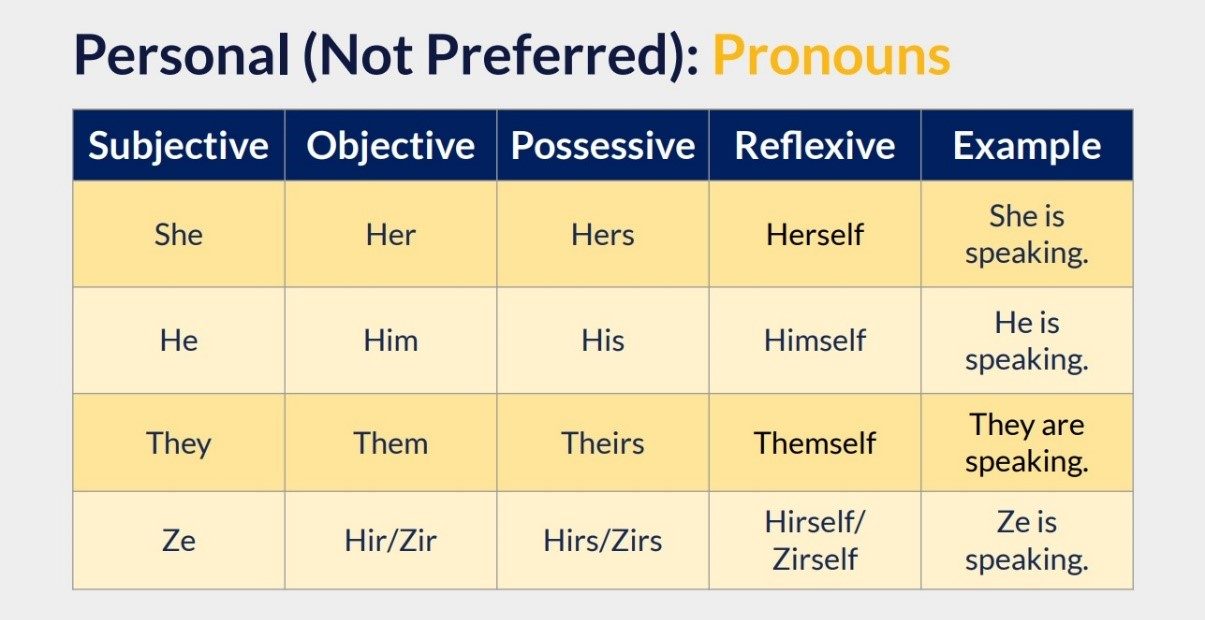At CSH we encourage staff to include pronouns or how they choose to be identified in their email signature line. Why? It’s simple:
-
It’s about cultivating safe and inclusive spaces where everyone’s identities are affirmed.
-
It’s about making sure you are referred to and refer to others in the way that is respectful.
-
It’s about bridging connection in a world where it’s so easy to be othered.
Including pronouns in our signature is a small and subtle gesture that conveys a powerful message: we belong here together. It also fosters an organizational and larger societal culture that we should never assume how someone identifies based on their appearance or name.
Why it Matters to CSH
We believe that all people, regardless of how they identify, should be able to have dignified experiences in the communities they choose to call home with the supports they need to thrive. As part of CSH’s mission to end homelessness among historically marginalized and targeted groups, including lesbian, gay, bisexual, transgender and queer (LGBTQ) young adults, we understand the importance of affirming an individual’s identity and the tragic consequences of when they are not. For example, LGBTQ youth and young adults are twice as likely to experience homelessness as their peers. LGBTQ youth experience higher rates of mental health challenges compared to their cisgender, straight peers as a result of chronic stressors such as discrimination and victimization. 1 in 4 LGBTQ youth use pronouns or pronoun combinations that fall outside of the binary construction of gender. Studies have shown that affirming LGBTQ youth’s gender identity by using the pronouns that align with their gender identity has been proven to improve mental health outcomes and lower depression, suicidal ideation, and suicidal behavior.
What Are Personal Pronouns
A personal pronoun is a word we use as a substitute for the proper name of a person. “I, you, he, she, it, we they, me, him, her, us, and them” are all personal pronouns. When a person shares their pronouns, they are naming the pronouns that they want to be referred to by in the singular or third person (when referring to that person while talking to someone else).

Source: 3 Ears Media


